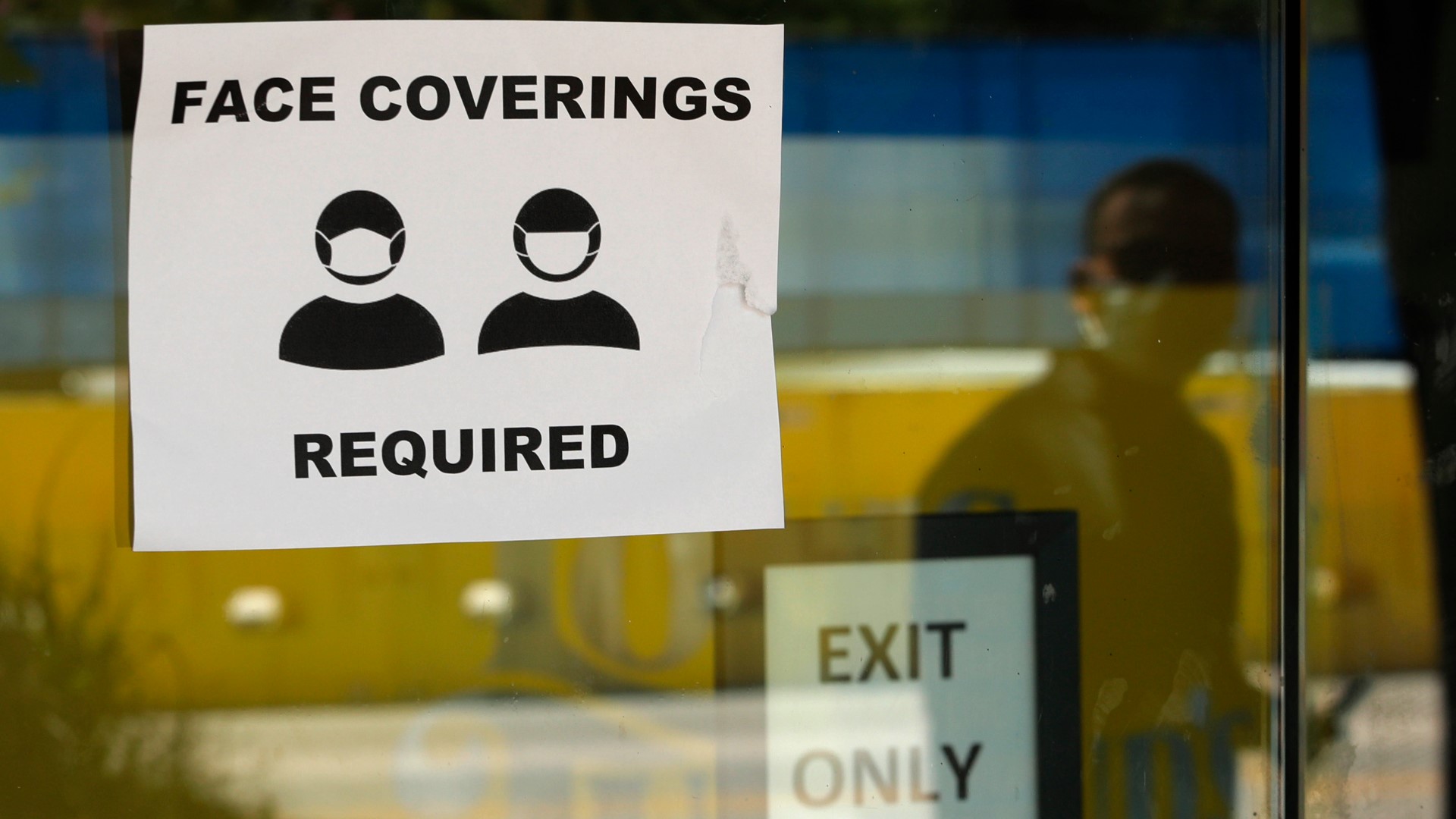The coronavirus pandemic has forced libraries into a peculiar position, pleading with patrons to stop microwaving library books.
In recent weeks, there have been multiple cases of libraries posting pictures of the unfortunate aftermath of someone's misguided attempt to "kill COVID-19."
The Kent District Library in Michigan and the Greenwood County Library System in South Carolina both noted there are metal security strips in most library books, so if you put them in the microwave it'll start a fire.
THE QUESTION
Should you microwave library books to eliminate COVID-19?
THE ANSWER
Absolutely not. The library books could have tags on the inside with metal that can cause a fire, among other hazards.
WHAT WE FOUND
Most library books are equipped with Radio Frequency Identification tags, also commonly known as RIFD. These tags have metal filaments that react with microwaves, and as they’re close to paper, create a fire hazard. That’s what happened in the example shared by the Michigan library.
So what are libraries doing to cut down potential exposure to coronavirus on books? Many libraries, including the New York Public Library, have been quarantining returned items for 72 hours before letting anyone check them out again. Libraries across the country are also wiping books with disinfectant wipes or other forms of cleaning the covers and binding, all safety measures people can perform at home as well.
A research partnership called REopening Archives, Libraries and Museums (REALM) recently announced findings from a study that the new coronavirus that causes COVID-19 was not detectable on five common types of library materials after three days. REALM is a partnership between OCLC, the Institute of Museum and Library Services, and Battelle researchers.
“Materials tested in phase one included the cover of hardcover books (buckram cloth), the cover of paperback books, plain paper pages inside a closed book, mylar protective book cover jackets, and plastic DVD cases,” a spokeswoman from the IMLS said in a statement.
“Battelle tests found the virus undetectable after one day on the covers of hardcover and paperback books as well as the DVD cases. The virus was undetectable on the paper inside of a book and mylar book jackets after three days,” she explained over email.
The American Library Association advised people to keep checking the status of the REALM project.
The ALA also said that you shouldn't try and use liquid disinfectants or UV lights on library books because it could damage them.
If you're still concerned about the safety of your library book, it's best to leave it untouched for a couple of days before you begin to read it. But be sure to leave your microwave out of the equation.
Have something you'd like VERIFIED? Click here to submit your story.

